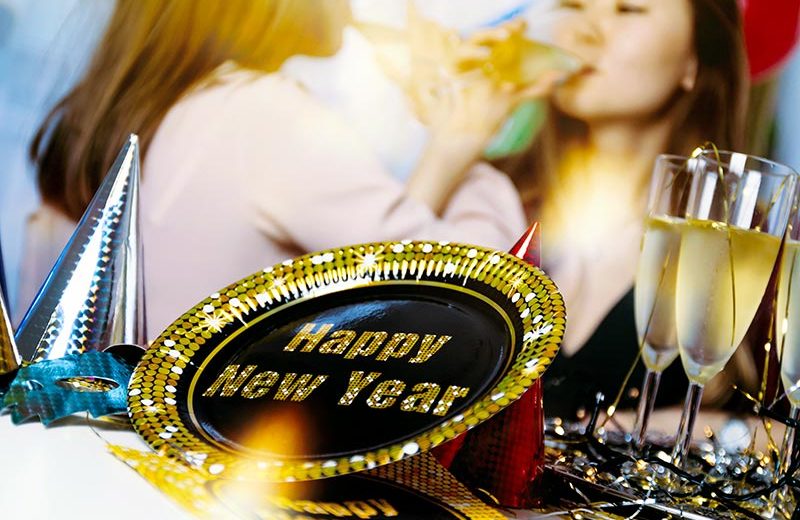The end of the year is approaching fast, which means celebrations are in order. Some people may opt for a party. Some may brave the cold to watch the ball drop in NYC, while others can’t wait for the fireworks display. On New Year’s Eve the excitement builds as the clock ticks down to a new year, and while this can be fun, it can be overwhelming and loud. Very loud in fact, as large social gatherings and firework light shows are likely to occur. Unfortunately, loud noises can cause permanent damage to your ears and can cause hearing loss, no matter how young or old you are. Thankfully, there are ways you can protect your hearing on New Year’s Eve and still enjoy yourself.
While New Year’s Eve is often loud, there are ways you can protect your hearing, while still enjoying the celebration. Start the New Year right by following these useful tips to help protect your hearing on New Year’s Eve.
• To help protect your ears from noise-induced hearing loss, wear earplugs or some other form of ear protection to help guard against damaging noise. It doesn’t matter if you’re at a large gathering, watching a live show, or watching fireworks, make sure you wear protection to protect your sensitive ears.
• While fireworks can be fun, they are dangerously loud. In fact, fireworks are as loud as a gunshot blast, easily surpassing 120 dB. The safe noise level is 85 dB, so that means you should not be exposed without hearing protection and you need to stay a safe distance away. Staying a safe distance away from exploding fireworks will help lower the decibel level and keep your ears safe.
• If you wear hearing aids, make sure you prepare your device for noise, if possible. Some models have a program setting for noise reduction and can select a reduced level. However, if the device does not have this feature, wear a pair of noise-reducing earmuffs to help filter out the excess noise. Just remember, if you decide not to wear your hearing aid device, make sure you still wear hearing protection.
• Going to be outside on New Year’s Eve in the cold? If so, make sure you bundle up and stay warm. Being out in the cold can make you more susceptible to viral infections, which can temporarily cause hearing loss and can even increase your chances of an ear infection. If you wear hearing aids, they can be affected by the cold, so make sure you dress warm and cover your ears!
Remember, if you experience any degree of hearing loss or tinnitus after any loud event, you may have been exposed to excessively loud noise. While your ears may need time to recover, be sure to visit a hearing care professional as soon as possible if your symptoms persist.





